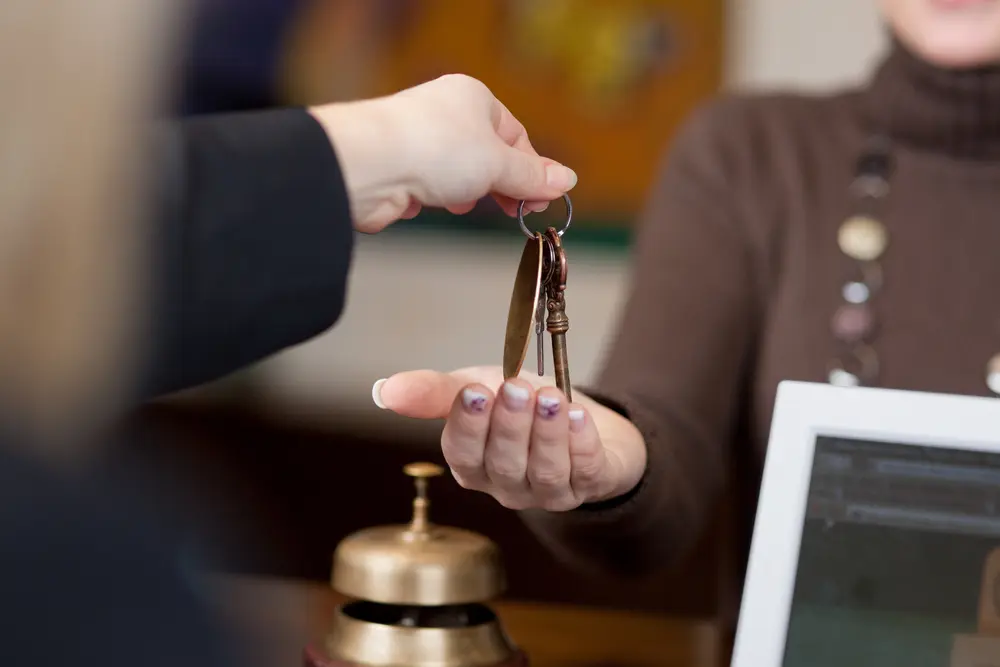Travel companies lie to you all the time. Why can’t you lie right back?
That’s the provocative question raised by the Transparent Airfares Act of 2014, which is sailing through Congress despite fierce opposition from consumer groups.
If passed, the law would give airlines a federal license to advertise a low “base” fare, and add taxes and fees later in the booking process, before you buy a ticket. In other words, that bargain $19 fare could ring up as more than double.
Passengers are understandably incensed. A Change.org petition to stop the bill has gathered more than 40,000 signatures, and consumer groups, in a rare show of unity, have demanded that Congress discard this wrongheaded legislation.
But in at least one important way, airlines are not being completely unreasonable. They’re only asking for permission to lie just as other travel companies do. Before the government gives them the go-ahead, maybe airlines should consider what their passengers might do in response.
Fudging a price is already far too common in travel
For example, click on Dollar’s website for a rental car at Chicago’s O’Hare airport, and it’ll quote you a $90-a-day “total” rate on the first and second booking screen.
But can you get a car for $90? Not exactly. (Here’s our guide to renting a car.)
Later in the reservations process, Dollar reveals your “estimated” grand total, which includes a mandatory “airport concession recovery fee” of $10, a “facility” charge of $8, a motor vehicle tax of $2.75, a “vehicle license recovery fee” of $1.26 and — as if that’s not enough — sales tax of $20.
The real rate, shown when you’re ready to reserve your car, is $132.
Or go to Hilton.com and reserve a hotel room at, say, the Hilton Lake Las Vegas Resort & Spa. The lowest room rate is advertised at $129 a night.
But wait!
Keep clicking, and you’ll find there’s a mandatory $22-a-day “daily resort charge” that, among other things, covers guest Internet access, shuttle service, boarding pass printing, golf club storage, overnight shoe shine and toll-free and local calls. Then there are sales taxes.
That $129 room, you eventually learn, really costs $171 a night.
Unlike airlines, car rental companies and hotels are only lightly regulated at the federal level, at least when it comes to how they display rates. The Federal Trade Commission can’t force these travel companies to quote a full price.
The FTC only requires that a company advertising an initial base rate would disclose “clearly and conspicuously” that additional fees and taxes will be charged later, says Elizabeth Lordan, an FTC spokeswoman.
Consumers see this differently. To them, it’s a bait and switch.
Bob Scheidecker, a frequent traveler and chief operating officer for a restaurant chain in Chicago, says he’s “totally against” removing taxes and mandatory fees from a base price.
He’s particularly frustrated with renting a car, where he never finds out the real price until the very end — often after he returns the vehicle.
If travel companies lie, why can’t we?
“Maybe we should be able to bend the facts, too,” says Jill Wroblewski, New York-based frequent flier and communications consultant.
She has stretched the truth in past dealings with a hotel. Once, when she needed a late checkout, she claimed to be pregnant. She was actually hung over.
“They were completely understanding of the situation, congratulated me on my first and then started sharing their own war stories of being preggers. Hey, they let me stay until 6 p.m. that night when check-out was 11 a.m.,” she says.
As long as her white lie isn’t hurting anyone or being “tremendously unethical,” perhaps it’s OK, she says.
If the airline industry succeeds in legalizing airfare misrepresentation, they might just have to accept the lying passengers they attract.
Airlines are quietly making the case to Congress that quoting an artificially low airfare will be an economic stimulus — people buy what they believe are cheap fares. Customers lying about a family death for a price break shouldn’t shock airlines.
You don’t have to be an ethicist to know that lying is wrong, whether it’s your airline, hotel or you. Congress should grant the FTC authority to stop deceptive “gotcha” pricing. This would require all American businesses to quote the full price.
Anything else is a lie.
HOW TO STOP THE LYING
Refuse to patronize travel companies that bait and switch. For example, Enterprise will offer (albeit in smaller type) a total including taxes on its site when you request a price quote. Other car rental companies don’t. (Related: A bait-and-switch on my airline ticket.)
Sign the Change.org petition started by Travelers United, an advocacy organization. Here’s the petition. (Disclosure: I’m the co-founder of the consumer organization.)
Tell Congress to reject the Transparent Airfares Act of 2014. A companion bill is being considered by the U.S. Senate. Let your elected representative know you don’t want “transparent” prices.




